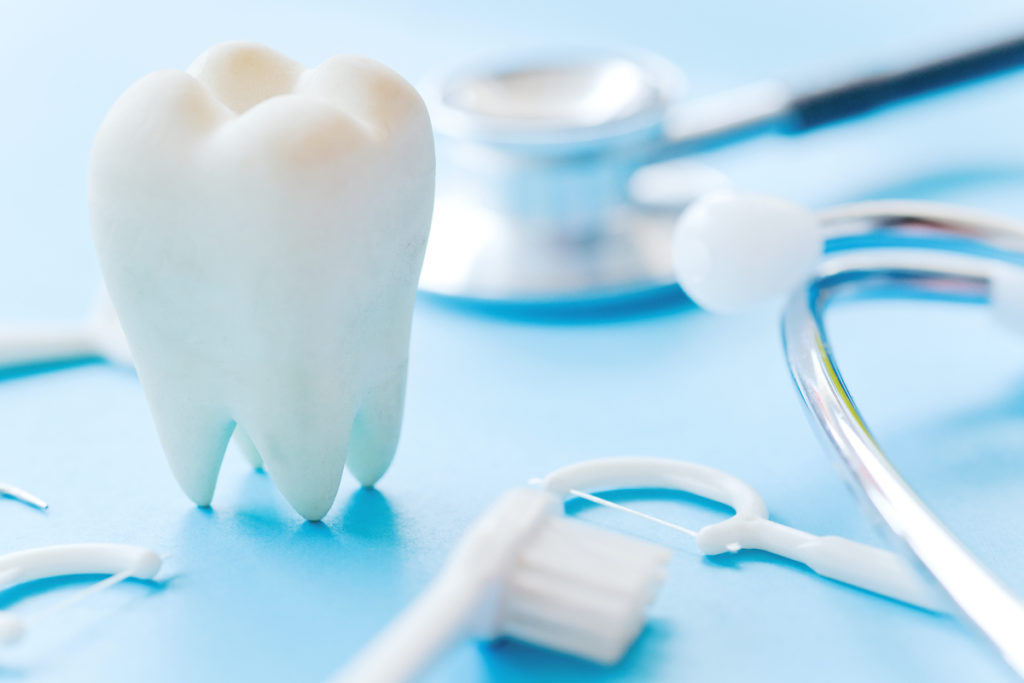Oral health is linked to one’s overall wellness. Without proper dental care, you’re at greater risk of tooth decay or gum problems which are not only painful, but can cause speech problems and tarnish your self-confidence. ;
The following are some best practices that can keep your teeth and gums in optimal condition. ;
Brush gently but thoroughly
It’s no secret that brushing your teeth at least twice a day is one of the basics of dental hygiene. Brushing helps remove bacteria and prevent cavities. But proper brushing requires the right tools and techniques to be effective.
The American Dental Association (ADA) recommends using a toothbrush with soft bristles. Brushing aggressively using a hard-bristled toothbrush can damage tooth enamel and heighten the risk of gingivitis. Toothbrushes should also be replaced every 3 months or once the ends start to wear out.
Brushing should not take less than 2-3 minutes. Use small circular motions instead of back-and-forth movements. Carefully brush the front, back, and top of every tooth to remove any trace of plaque.
Floss regularly
Flossing removes plaque that can’t be reached by simple brushing. If left untreated, plaque buildup can lead to tooth decay and gum disease. Flossing can also combat bad breath by eliminating debris and food trapped between the gaps in your teeth.
When flossing, take your time and ensure every gap is reached. If you floss too quickly, you may overlook a lot of debris and bacteria. Carefully push the floss all the way down to the gum line before doing up-and-down motions. Take care not to snap the floss up and down between the teeth as this may be painful and may not remove all the plaque properly.

Don’t miss your dental appointments
While visits to the dentists can be frightening, regular checkups can prevent tartar accumulation and detect issues you may be unaware of.
Visit your dentist at least once every 6 months to prevent cavities. If you have braces or clear dental aligners you may have to visit your dentist more frequently for maintenance and adjustment. ;
During a routine dental examination, your dentist will use special tools to cleanse your teeth and remove hardened tartar from hard-reached parts of your mouth. Regular checkups can also help identify minor oral problems before they turn into major issues. Even if you’re not experiencing any pain or symptoms, regular visits are still important to help prevent and treat existing problems.
Limit sugary food and starches
Consuming too much sugary food and drinks like candy, soda, and juice can result to cavities. Similarly, starchy food such as chips, bread, pasta, and crackers are common culprits of cavity and decay. ;
Incorporate fiber-rich food like fruits and vegetables to your diet and drink water instead of sugary beverages. Constant exposure to sugar can weaken your teeth and cause serious damage.
By using the right tools and adopting proper brushing techniques, you can properly protect your teeth and make them stronger. The right dental hygiene routine will not only prevent dental issues, but will also give you a healthy and beautiful smile.
